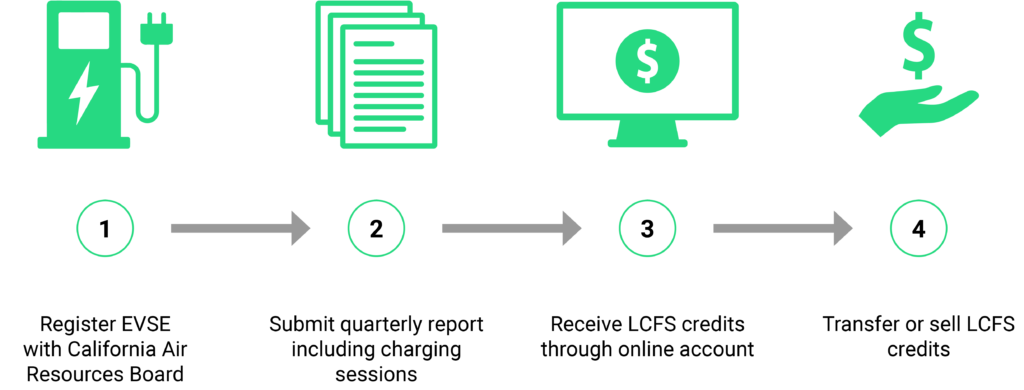SERVICES
GHG/LCFS Emissions Credits
Pollution Control and Environmental Regulatory Compliance activities are often considered as a financial burden and expenses to be written off by many industries. But, with the recognition of the significance of emissions mitigation through environmental policies and measures to control and offset emissions and further developing emissions trading strategies, the Emissions Reductions Strategies are now becoming widely acceptable methods of minimizing environmental risks. Further, a global emissions credits market has been evolving for various types of pollutants, including NOx, SOx, VOCs, etc. which has created a monetary value for emissions reduction efforts and many industries have already been benefitting from the emissions credits market.
Carbon dioxide (CO2) emissions have been identified to have high Global Warming potential through Green House Gas effect. This has created a great demand for reducing Carbon Dioxide emissions, also known as Green House Gas (GHG) emissions, in the recent decades. Especially, scientists at the Intergovernmental Panel on Climate Change (IPCC) has shown that increased levels of GHG in the atmosphere are warming the planet. This creates extreme weather changes around the world. Currently, burning fossil fuels – coal, oil and gas – is the main driver of increased GHG levels. Under the banner of the UN and Paris Agreement, the world’s countries have come together to declare that urgent action must be to lower emissions if we are to maintain a habitable planet that can support the world’s population.
What Are GHG Emissions (Carbon) Credits?
Carbon Dioxide Emissions Credits (Carbon Credits) are measurable, verifiable emission reductions from certified climate action projects. These projects reduce, remove or avoid Green House Gas (GHG) emissions. But they also bring a whole host of other positive benefits, for example, they empower communities, protect ecosystems, restore forests or reduce reliance on fossil fuels. Projects must adhere to a rigorous set of criteria to pass verification by third-party agencies and a review by a panel of experts at a leading carbon offset standard like Verra or Gold Standard. After an organization or an individual buys a carbon credit, the credit is permanently retired so it can’t be reused.
By educating our clients on the true value of their environmental commodities and assisting them in managing their portfolio, we help create a cost-effective approach to environmental compliance while mitigating risk.
WE CAN HELP YOU REDUCE YOUR CARBON FOOTPRINT
Looking to reduce your environmental impact and make a real difference?
Our team of Carbon Experts are helping businesses reach their climate goals.
We offer a wide range of services for your business:
GHG/LCFS Emissions Credits – Services
- Carbon/GHG Assessments
- Carbon/GHG Consultancy Services
- GHG CARB/EPA Reporting and Verification
- GHG Inventories and Plans
- Low Carbon Fuel Standard (LCFS) Reporting, Credits, and Verification

LOW CARBON FUEL STANDARD (LCFS)
Low Carbon Fuel Standard (LCFS) Credits Explained
How to Participate in the LCFS Market

How can AQC Help you?
For assistance, please contact AQC at:
Tel: (714) 914-3650
E-mail: dsrk@aqc-environmental-engineers.com

